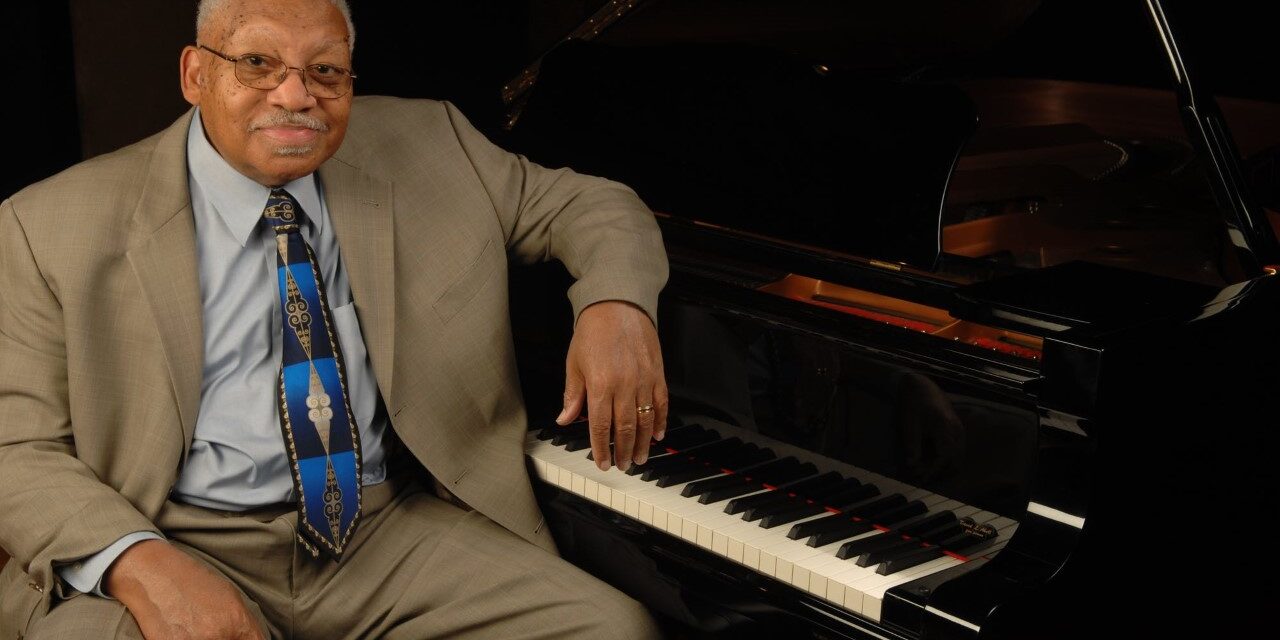By Danny R. Johnson/Pop and Jazz Music Critic

NEW ORLEANS–Ellis Marsalis Jr., the jazz pianist, teacher and patriarch of a New Orleans musical clan, died late Wednesday, April 1, from pneumonia brought on by the new coronavirus, leaving six sons and a deep legacy. He was 85.
Four of the jazz patriarch’s six sons are musicians: Wynton, a Pulitzer- and Grammy-winning trumpeter, is America’s most prominent jazz spokesman as artistic director of jazz at New York’s Lincoln Center. Branford, a saxophonist, has won three Grammys, led The Tonight Show band and toured with Sting. Delfeayo, a trombonist, is a prominent recording producer and performer. And Jason, a percussionist, has made a name for himself with his own band and as an accompanist. Ellis III, who decided music wasn’t his gig, is a photographer-poet in Baltimore. Their brother Mboya has autism. Marsalis’ wife, Dolores, died in 2017.
“Pneumonia was the actual thing that caused his demise. But it was pneumonia brought on by COVID-19,” Ellis Marsalis III said in an Associated Press phone interview.
He said he drove Sunday from Baltimore to be with his father, who was hospitalized Saturday in Louisiana, which has been hit hard by the outbreak. Others in the family spent time with him, too.
“He went out the way he lived: embracing reality,” Wynton tweeted, alongside pictures of his father.
“My dad was a giant of a musician and teacher, but an even greater father. He poured everything he had into making us the best of what we could be,” Branford said.
Branford’s statement included a text he said he got from Harvard Law Professor David Wilkins: “We can all marvel at the sheer audacity of a man who believed he could teach his black boys to be excellent in a world that denied that very possibility, and then watch them go on to redefine what excellence means for all time.”
In a statement, Mayor LaToya Cantrell said of the man who continued to perform regularly until December: “Ellis Marsalis was a legend. He was the prototype of what we mean when we talk about New Orleans jazz. He was a teacher, a father, and an icon — and words aren’t sufficient to describe the art, the joy and the wonder he showed the world.”
Because Marsalis opted to stay in New Orleans for most of his career, his reputation was limited until his sons became famous — Wynton has won nine Grammys and been nominated 33 times — and brought him the spotlight, along with new recording contracts and headliner performances on television and tour.
“He was like the coach of jazz. He put on the sweatshirt, blew the whistle and made these guys work,” said Nick Spitzer, host of public radio’s American Routes and a Tulane University anthropology professor.
His melodic style, with running improvisations in the right hand, has been described variously as romantic, contemporary, or simply “Louisiana jazz.” He was always on acoustic piano, never electric, and even in interpreting old standards there’s a clear link to the driving bebop chords and rhythms of his early years.
He founded a record company, ELM, but his recording was limited until his sons became famous. After that he joined them and others on mainstream labels and headlined his own releases, many full of his own compositions.
He often played at the New Orleans Jazz and Heritage Festival. And for more than three decades he played two 75-minute sets every Friday night at Snug Harbor until he decided it was exhausting. Even then, he still performed on occasion as a special guest.









